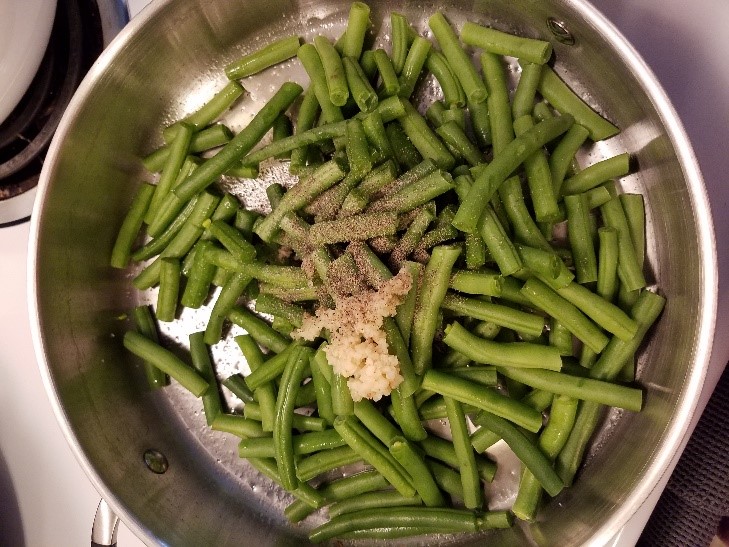Bariatric surgery, such as the duodenal switch or gastric bypass, along with exercise and an improved diet are proven to be the best way to lose excess weight. The surgery itself plays a role in that, but we are firm believers that the most successful ways to lose weight are what happens after the procedure.
It’s not really a secret: for long-term success, the surgery is just the first step. Improving your lifestyle through better eating is the only way to take full advantage of the procedure. The most important meals you have are post-surgery. This is the time you will start training your body to eat appropriate portions.
If you have recently undergone weight loss surgery, your body will be going through many changes in the coming weeks and months. Your first two weeks after surgery will require you to have a sugar-free liquid diet without any caffeine. It’s during this time that your body begins to adapt and feel fuller faster.
Here are some important must-knows for this phase of your recovery.
Know How Much You Need
You will need to have 96 ounces of hydrating fluid each day, with half of those fluids coming from electrolytes. It is very important to avoid dehydration at this time, but you drink anything you want.
Fluids need to be limited to caffeine-free and non-carbonated beverages. These fluids need to be sipped, never gulped. Some examples of what fluids you can have include:
- Water
- Decaf tea/coffee
- Diet herbal tea
- Crystal Light
- Life Water Zero
- Beef, chicken or vegetable broth
- Sugar-free gelatin or popsicles
- Sugar-free Kool-Aid
To get your at least 48 ounces of electrolytes each day, you can drink Vitamin Water Zero, Propel Electrolyte Water, PowerAde Zero, or Gatorade Zero. Avoid Pedialyte and regular Gatorade or PowerAde.
Protein supplements may be needed
Some patients may experience weakness, hunger, dizziness, or fatigue. If that’s the case, you can sip on protein supplements including high protein soups, high protein fruit drinks, or high protein shakes/smoothies from the WeightWise nutrition store.
Recovering from weight loss surgery will take dedication and patience at first as your body adjusts. Do not take any minerals or vitamins for the first two weeks and if you need prescription medications, your doctor will make sure to go over instructions after your surgery, so you know the details about taking those.
You will have a two-week post-operative appointment, where you will be able to learn more about the coming months as you recover and learn how to navigate your new lifestyle and eating habits. This will include a variety of soft proteins.
Soon, however, you will be adding many types of solid foods to your diet focusing on lean proteins, vegetables, and healthy fats. But you will need to remember to have small meals, eat slowly, and take small bites. Don’t consider this a diet – this is just the way you eat now. Your health, your family, and your friends will thank you for it.
Undergoing weight loss surgery will transform your life and put you on the path toward a healthy, active lifestyle. Watch our FREE online seminar and then contact our team at WeightWise to see if you’re a candidate for this surgery!

